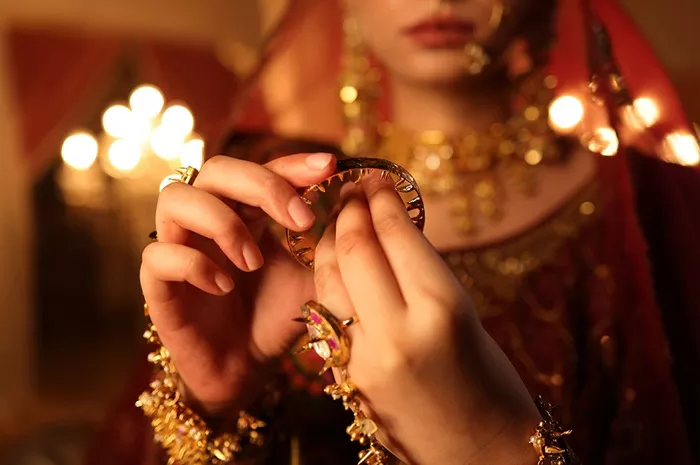In Pakistan, wedding celebrations are a grand affair, often lasting for weeks with numerous events. However, despite the detailed planning that goes into every aspect of the ceremony, one crucial element – the signing of the marriage contract – is often neglected, particularly when it comes to the rights of women.
Sevim Saadat, Co-Founder of the Centre for Human Rights (CFHR), points out that while religious law permits women to include significant stipulations in their marriage contracts – such as the right to divorce, financial support, and the ability to pursue education or employment – cultural practices still marginalize women in this process. Men, including officiants and male family members, often determine the terms of the contract, sometimes even erasing provisions that protect women’s rights. This continues despite the fact that such practices are illegal.
As part of their annual initiative to raise awareness about women’s rights within the marriage contract, CFHR chose the wedding season to draw attention to this issue.
The campaign, titled “Jewelry You Can’t Wear,” took a bold approach. During the busy South Asian wedding season, when bridal fashion is heavily promoted, CFHR collaborated with renowned bridal designer Fahad Hussayn to launch a mock collection of thorn-studded jewelry. The move was a clever tactic to spark discussion about women’s marital rights while many were focused on bridal launches.
Hira Mohibullah, Co-Founder and Creative Lead at AND THE NERVE, explained the significance of the jewelry’s design: “The thorns served as a double meaning. In Urdu, the word kaanta means both ‘thorn’ and ‘a cross on paper.’ This duality reminds women that each clause they allow to be crossed out in their marriage contract could become a thorn in their married life.”
The jewelry’s “launch” was revealed in a film, where viewers initially thought they were watching a new product introduction. However, the twist came when the bride in the film removed the thorn-laden jewelry before it could cause harm. The film ended with a helpline number, inviting brides to learn more about their rights under the marriage contract.
Fahad Hussayn, the designer behind the collection, explained the thought process behind the jewelry. “The design of the jewelry was intentionally disrupted by the thorns to represent the damage these kaantay (thorns/crosses on paper) can cause in a woman’s married life,” he said.
To further promote legislative change, CFHR sent out unwearable bangles to members of the parliament, urging them to strengthen and enforce laws that protect women’s rights in marriage.
On a more grassroots level, CFHR partnered with Depilex, Pakistan’s leading bridal salon chain, to reach brides across the country. The campaign’s film was played at over 30 locations, both central and remote, as part of their internal network, encouraging brides to call the helpline during their makeup sessions – a time when they were most likely to engage with the message.
With the wedding season in full swing, the “Jewelry You Can’t Wear” campaign is already making an impact. Brides-to-be are reaching out to the helpline, eager to learn more about their rights and take control of their marriage contracts.
Related topic:
- New Jewelry Shop Opens Amid Tragedy in Lanzarote
- Swiss Jewelry Brands Use Blockchain to Tokenize Diamonds
- US to Require Diamond Importers to Declare Country of Origin


